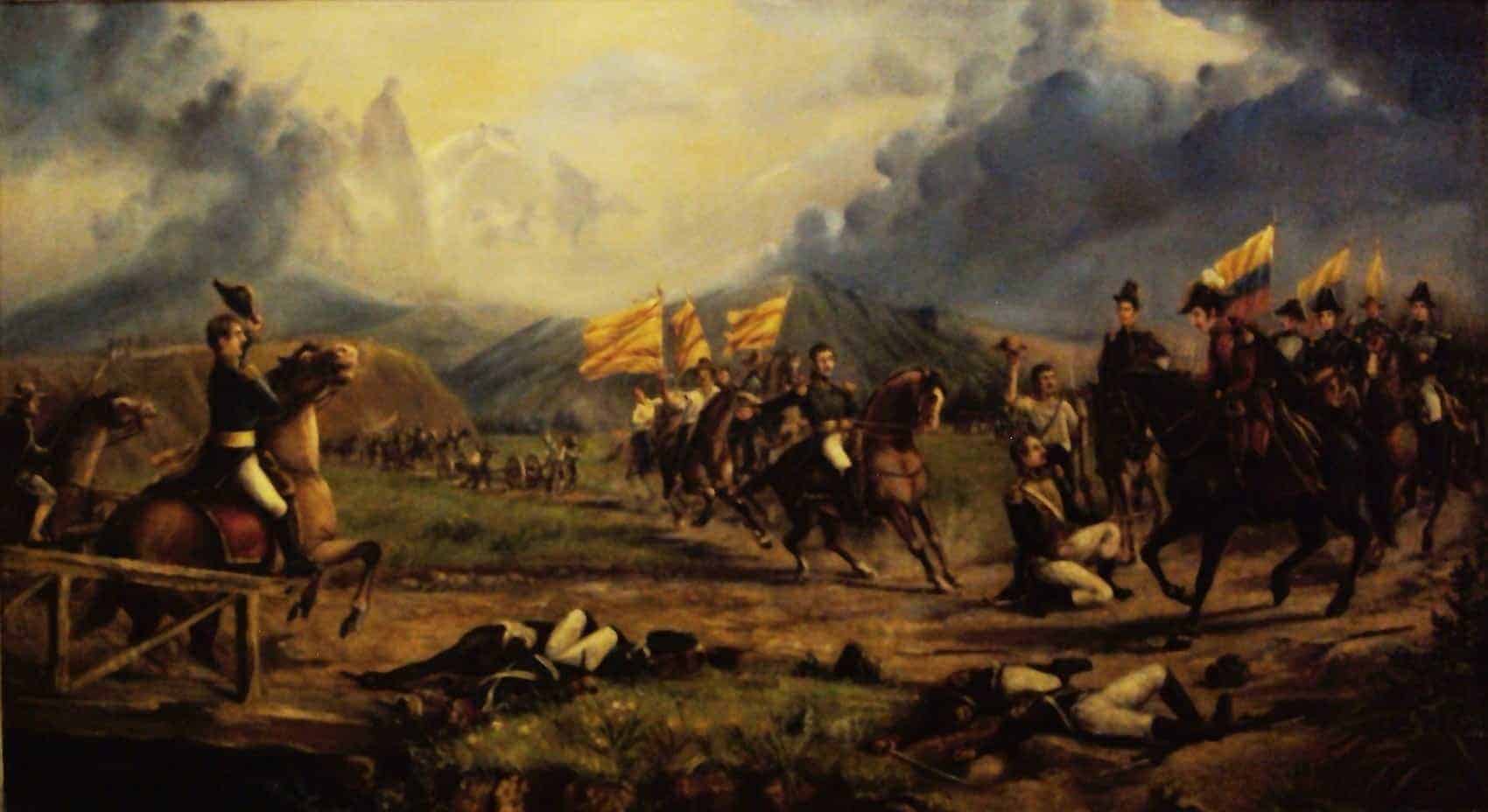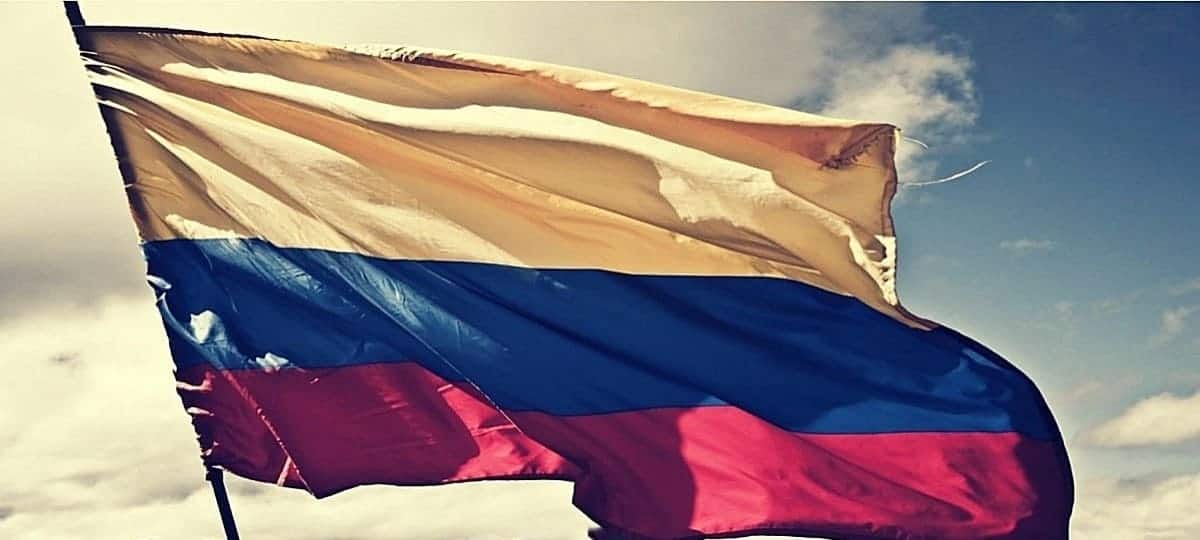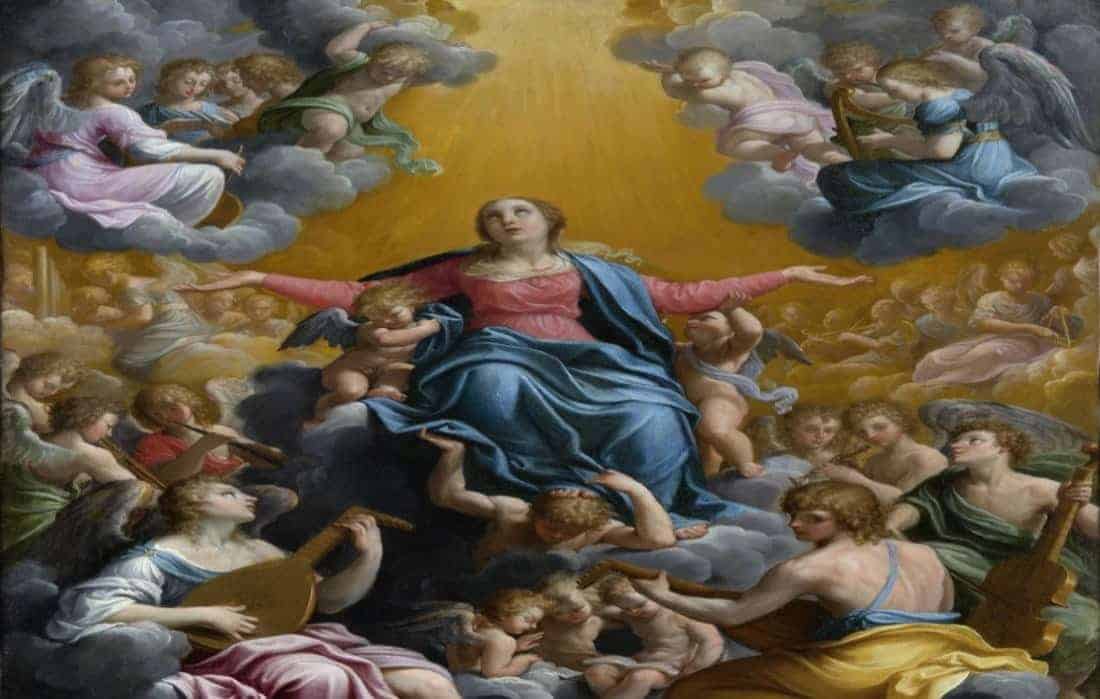On August 7, the battle of Boyacá is commemorated as one of the key actions for the constitution of the Colombian state. On this date we remember the War of Independence and a whole generation of intellectuals, soldiers, peasants and women who lost their lives in the process of independence.
Since 1888, August 7 is also the day on which, every 4 years, the president takes office.
The Boyacá battle was short and was the second of the Libertadora Route organized by Simón Bolívar. His idea was simple: to get the Spaniards out of the most important enclaves in the northern part of the continent, from Maracaibo to Lima, where Spain's center of power was.
Context and History
The war began when Fernando VII recovered the throne that Napoleon had taken from him. The king, who had been imprisoned, organized the reconquest of America, territories that had been left politically adrift, clumsily managed by juntas, and where claims to gain autonomy were growing. Initially he sent the same troops that had fought in the battles against Napoleon. His slogan was not to reach agreements, nor to listen to the wishes of more political power, nor to renounce the sole power of the crown. The order was to kill everyone who had ideas against the monarchy.
When the Spanish army entered through Maracaibo, Bolívar fled to Jamaica. There he planned the strategy and the route of independence. He decided that Lima was the goal, the war would end there. The route included the Pantano de Vargas, Boyacá, Maracaibo, Pichincha, Bomboná, Junín and Ayacucho.
The battle of Boyacá was on the 7th of August, 1819, with Bolívar in command. The royalist troops were in the area towards Santafé. They met on the Boyacá bridge and a confrontation began in which 13 patriot soldiers and 100 royalists died.
Bolívar's army won and as a consequence Gran Colombia was born, a block territory that sought a way to consolidate itself politically as a republic and which was later divided into Venezuela, Colombia, Ecuador, Peru and Bolivia.
Celebration and traditions
Many municipalities, mainly in Boyacá, hold parades and festive events to commemorate the battle and, in general, the events that led to the liberation of Colombia and neighboring countries. The celebrations stand out for the presentations of typical dances, works, speeches and typical military acts.
The battalions of the armed forces carry out their own ceremonies and also refer to this day as National Army Day.
Flag Day is also celebrated on August 7, paying homage to the national symbols of Colombia. As on July 20 and other days of the year, all public entities must raise the flag between 8 in the morning and 6 in the afternoon.
During the first days of August, the Flower Fair is also held in Medellín, one of the most important cultural events in the country. The party lasts several days and the agenda contains all kinds of events:
- Shopping centers offer exhibitions of photographs, handicrafts and plants.
- The Botanical Garden organizes the Exhibition of Flowers and Orchids.
- Free concerts are offered in several public places.
- Hotels, restaurants, bars and nightclubs have special events.
The central act is the Silleteros Parade, a tradition that recalls colonial times, when the silleteros carried people traveling through the mountains of Antioquia on their backs, while the goods went on mules.
The Silleteros Parade unites the past and the present, the peasants and the city. The peasants prepare the silletas the day before in the mountains of Santa Helena, in full view of tourists who go from house to house enjoying art, flowers and typical foods.
 Colombian National Museum, Painting of the Battle of Boyacá
Colombian National Museum, Painting of the Battle of Boyacá

